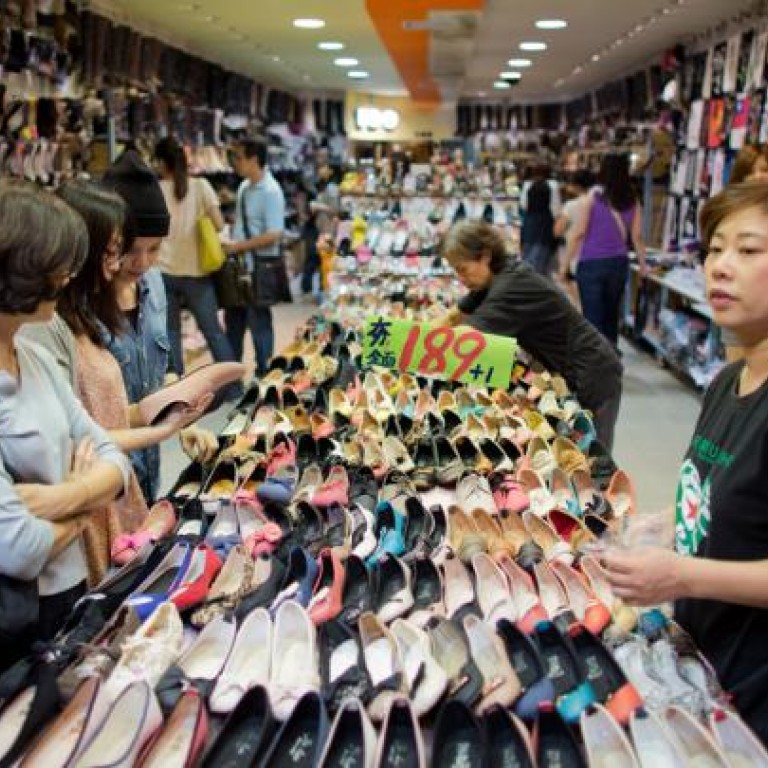
Shopping is good but ensure it does not become paradise lost
Mainlanders still love to spend in Hong Kong but competition in price and service is growing from Taiwan and the duty-free zones at home
Hong Kong enjoys a reputation around the world of being a "paradise for shopping" and I had my first taste of paradise in 2002, when the local dollar was stronger against the yuan.
Despite the more expensive currency, I remember a good shopping experience. I bought some clothes and cosmetics for my friends and parents on the mainland, and a laptop computer for myself.
I was on a business trip, and I noticed most of my colleagues did the same thing.
They went shopping in between attending to their business matters.
What I didn't realise at that time was that the city was on the cusp of an economic boom that would be partly driven by mainland travellers who came to Hong Kong to do their shopping.
In July the following year, the Hong Kong government launched its pioneering "individual visit scheme" to allow mainland travellers from major cities such as Shanghai and Beijing to visit the former British colony, which was handed over to Beijing in 1997, more often and easier.
We all know what happened after that on both the political and economic fronts.
But fast-forward 10 years from my original visit, and if you ask travellers from the mainland if they still consider Hong Kong a shopping paradise, there are likely to be plenty of "yes...buts" in their replies.
So, what are the "buts"?
A personal example might suffice. Last week I was on holiday with my parents in Taipei. When they passed through Hong Kong to pick me up for the holiday, my father was keen to buy some shoes.
He is a big fan of Salvatore Ferragamo and checked the prices at a Ferragamo shop in Hong Kong but for some reason held off buying until we all went to Taipei.
Maybe it was the Christmas discounts.
Maybe it was Taiwan's 5 per cent tax rebate for travellers. But in the final accounting he bought a pair similar to the ones he saw in Hong Kong for about HK$500 less than what he would have paid.
What's more, the saleswoman at the shoe shop said it had become a very obvious trend that many mainland travellers came back to Taipei to shop after finding prices there were lower than in Hong Kong.
Taiwan, though, still has tight controls on visitors from the mainland.
Should alarm bells be ringing in Hong Kong, particularly since some mainland cities have been lobbying Beijing to allow them to set up special duty-free zones to sell international labels, especially for luxury products?
Hainan Island has done so and now it wants to expand.
Shanghai, which is locked in a race with Hong Kong to become the region's international financial centre in the coming decade, has also applied to Beijing to have its own duty-free zone to add to the city's allure for foreign and domestic visitors.
Once Shanghai has its own duty-free zone, this will be a real worry for Hong Kong.
Prices aside, shoppers demand quality of service, and complaints about service - from taxis to restaurants - in Hong Kong are on the rise, while Taipei is getting full marks from travellers.

